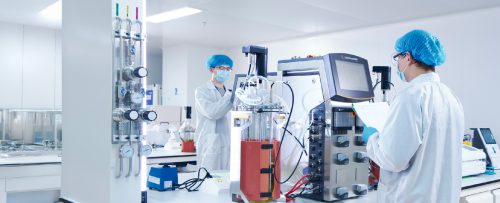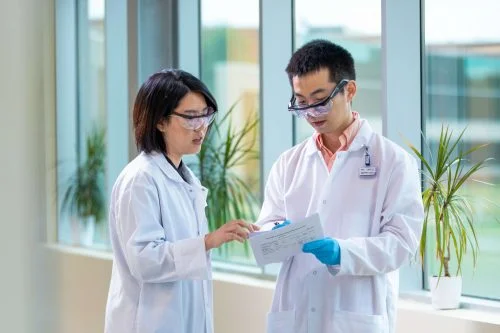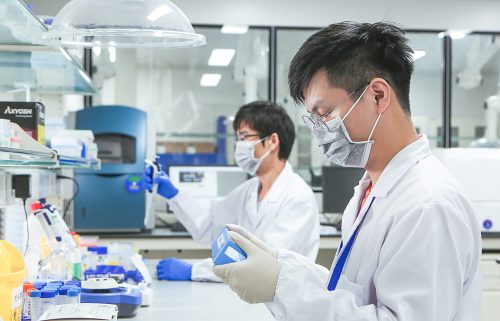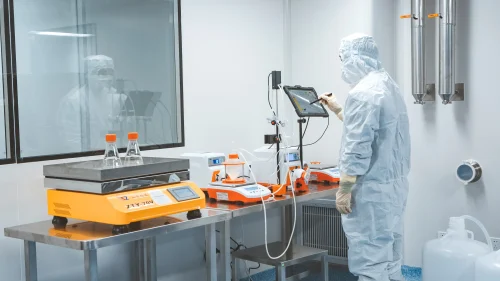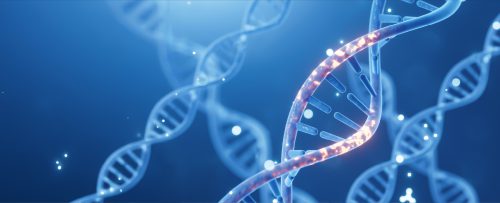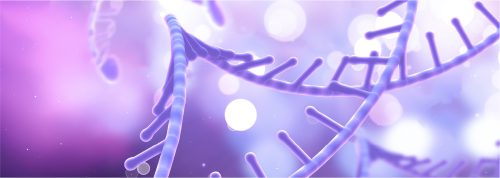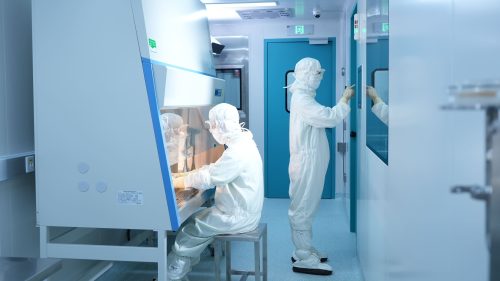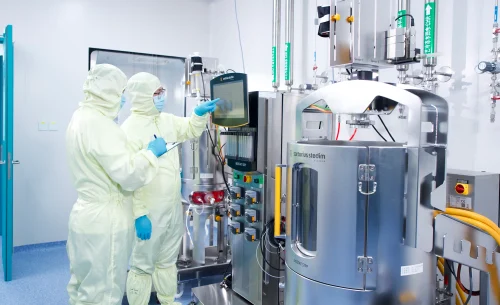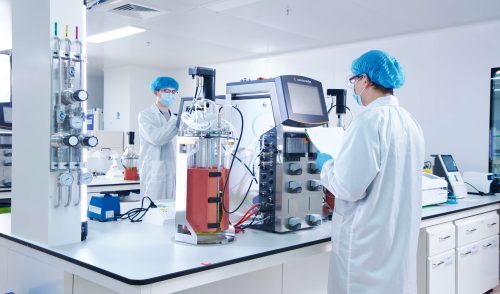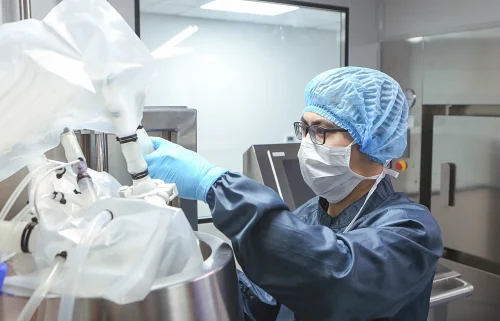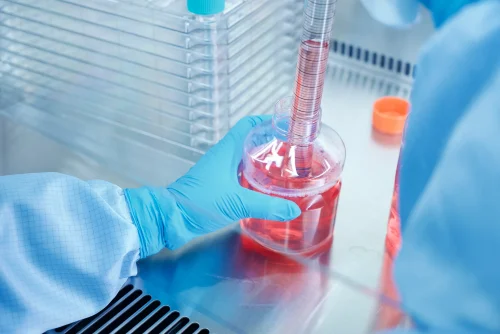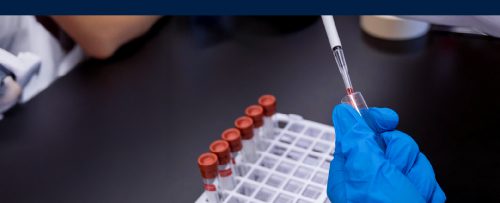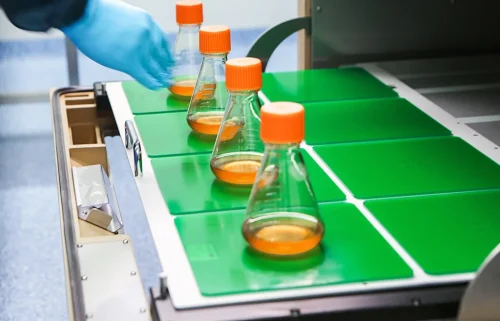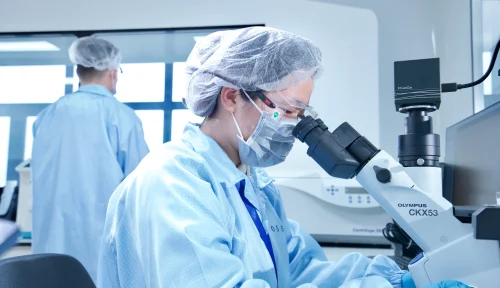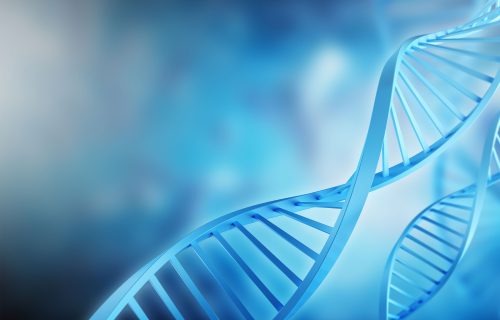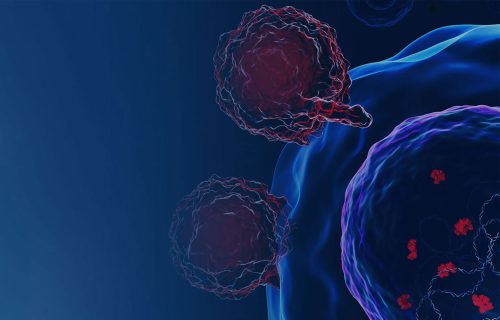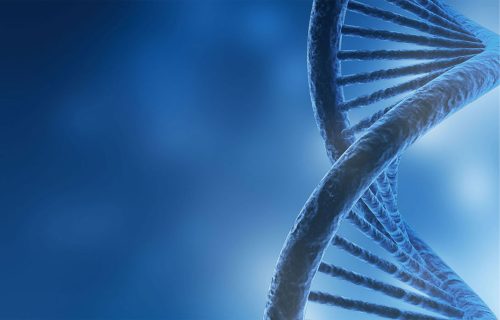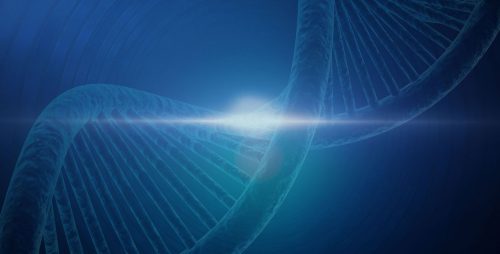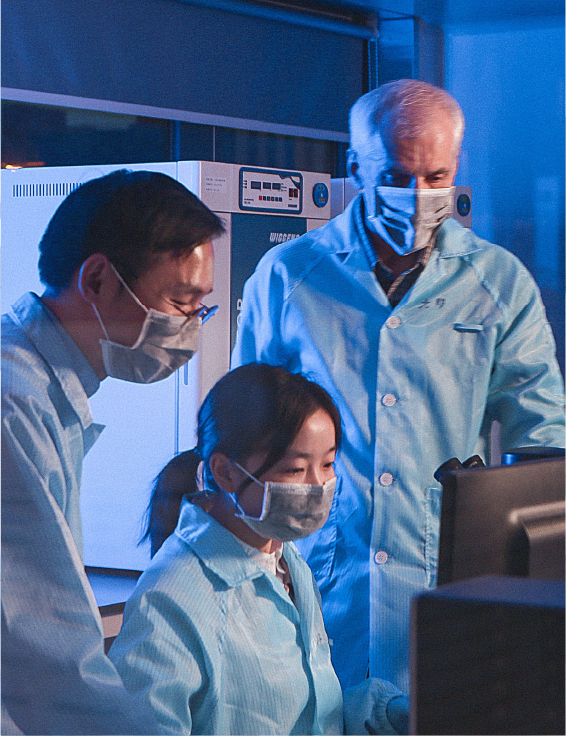We provide CDMO services from episomal vectors to cell engineering
The number of studies focused on induced pluripotent stem cell (iPSC)-based therapies has significantly increased in recent years, leading to various candidate drugs progressing to clinical and commercial stages. For example, Japan is expected to soon grant market authorization for the first iPSC-based cell therapy. As research on iPSCs advances and knowledge in this field expands, different approaches are being utilized to tackle critical challenges in chemistry, manufacturing, and controls (CMC). These challenges include enhancing reprogramming efficiency, characterizing iPSCs and their derived cell products, and ensuring consistent quality. Porton Advanced offers an integrated CMC service for iPSC-derived cells, backed by our extensive experience as a CDMO in stem cells and immune cells.
We offer integrated CMC services ranging from reprogramming factor delivery vectors, reprogramming, to cell differentiation and large-scale manufacturing:
- Episomal vectors, lentiviral vectors, and mRNA production for reprogramming
- Cell reprogramming and iPSC colony selection
- Gene modification/editing
- GMP cell banking and cell storage
- iPSC differentiation
- iPSC-derived cell product GMP manufacturing
- Process development and optimization
- Analytical method development and optimization, analytical qualification, and validation
- Testing Services for drug substance (DS) and drug Product (DP)
- CMC information writing and regulatory submission

